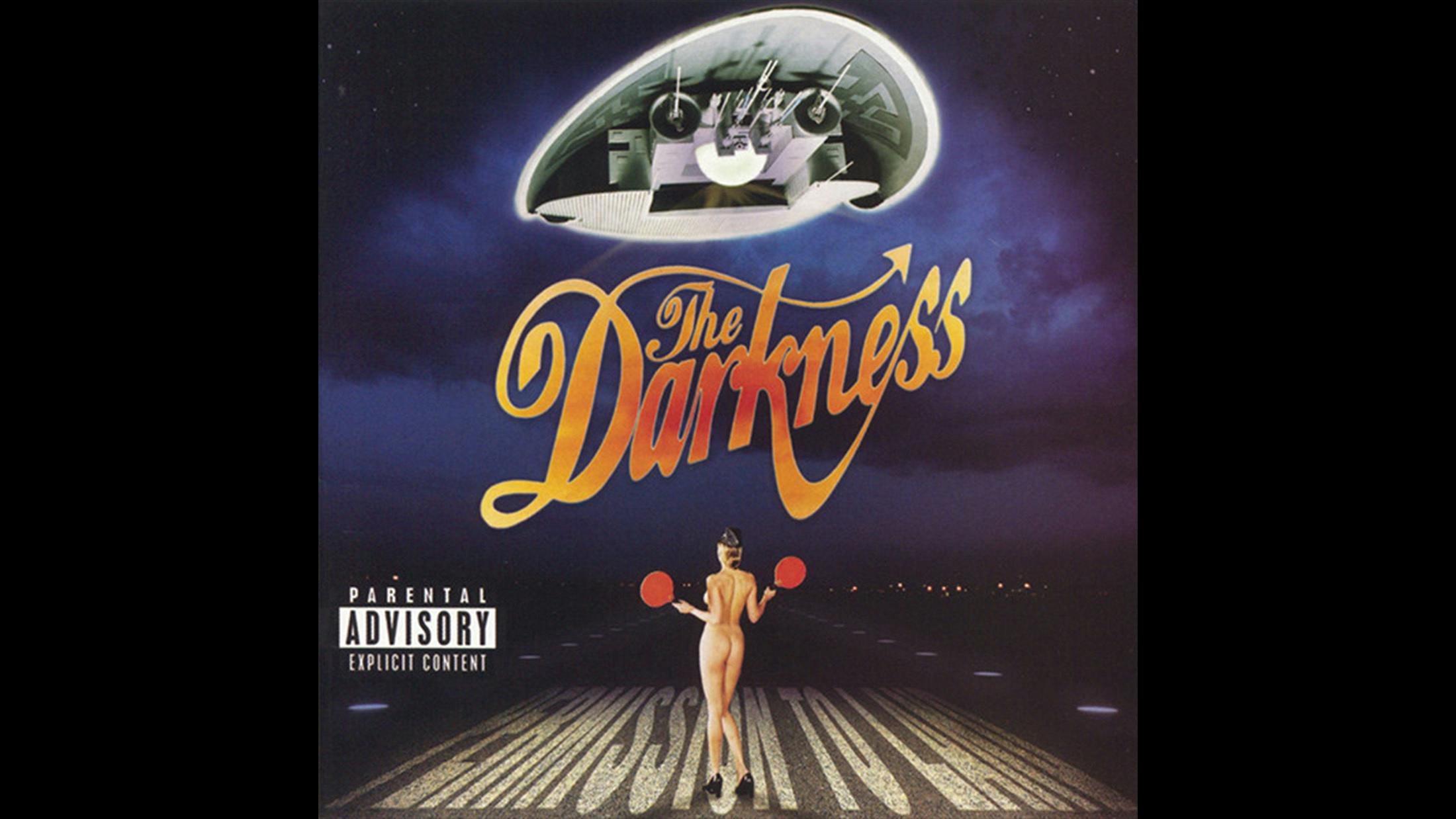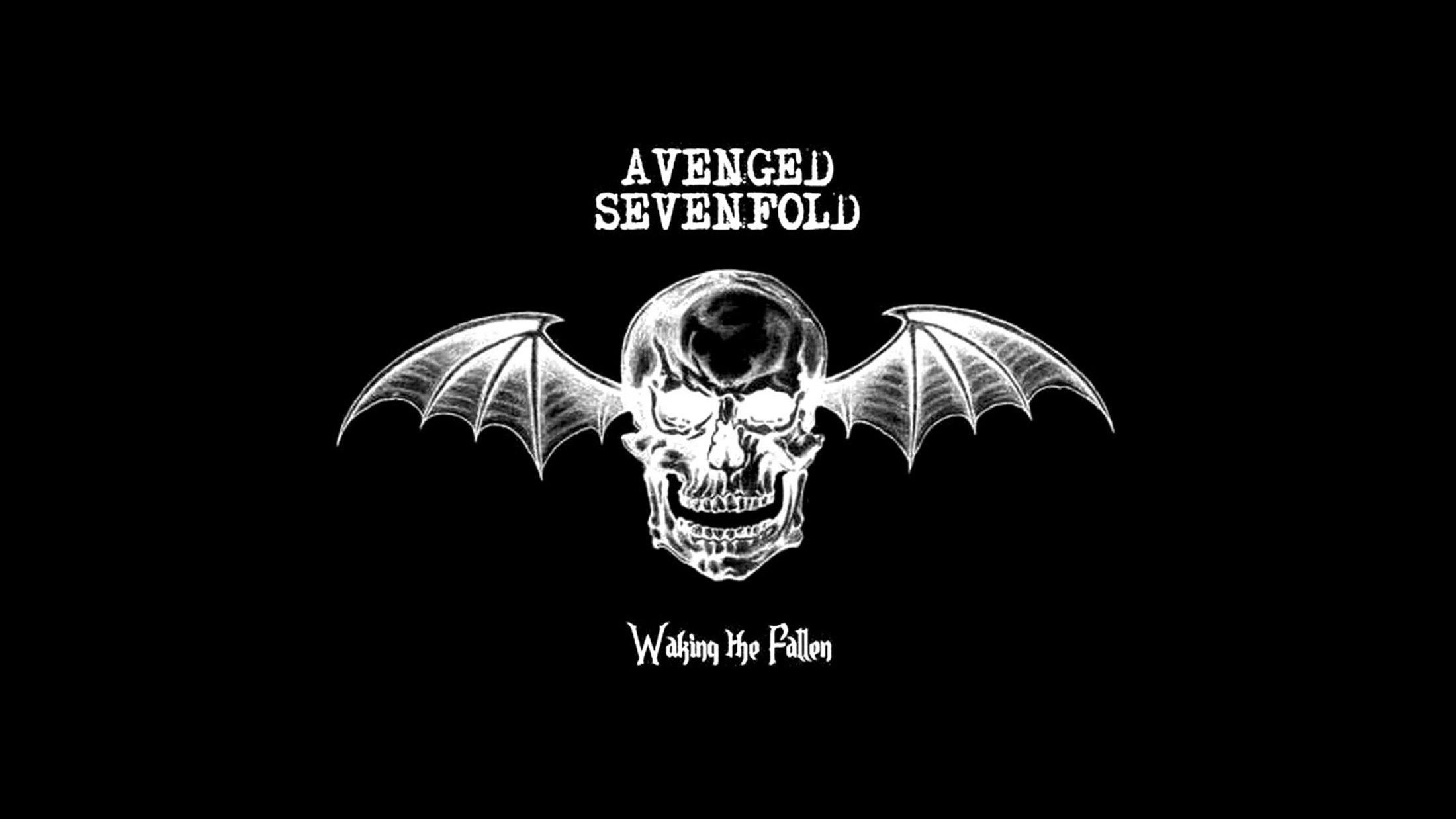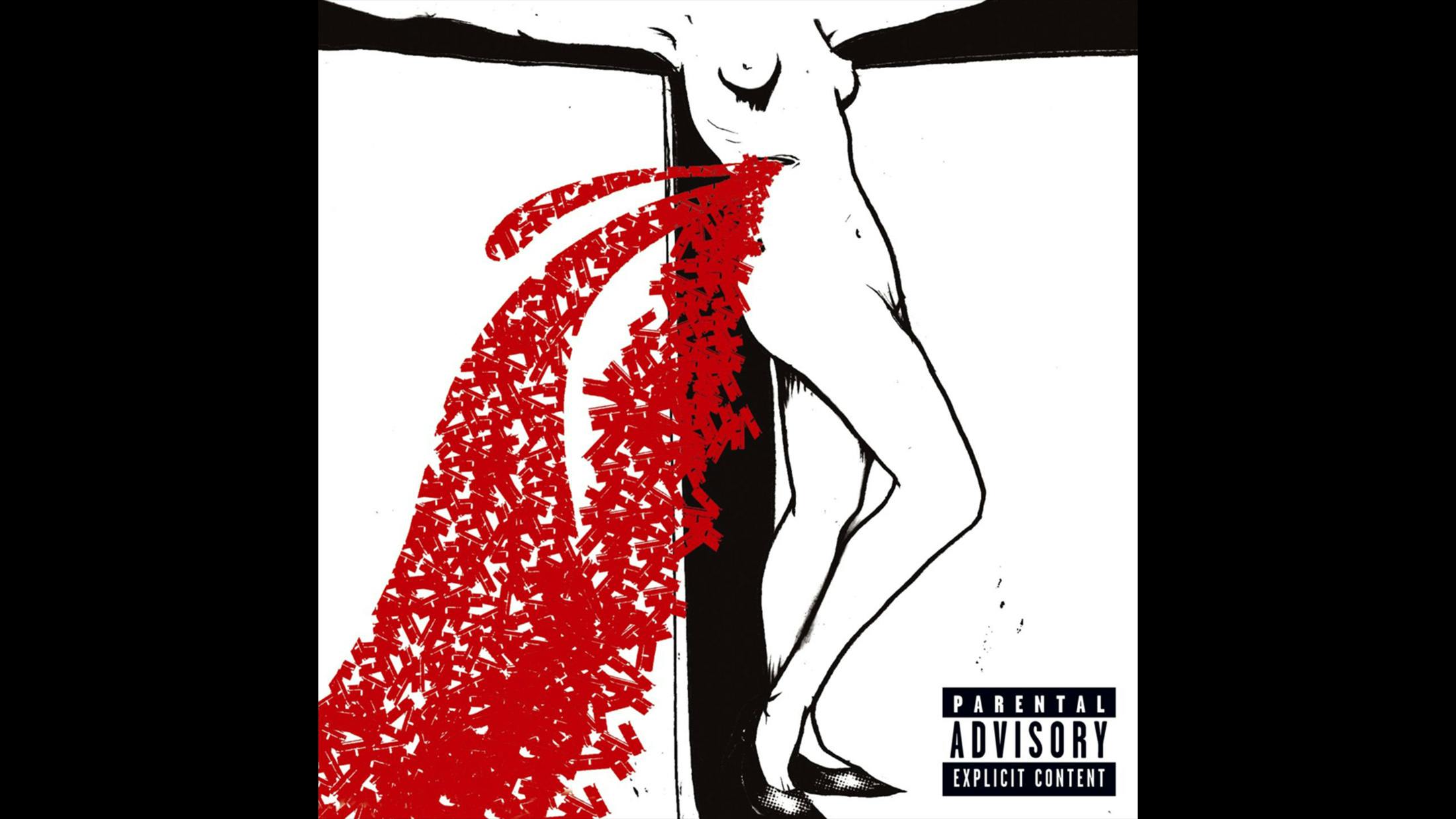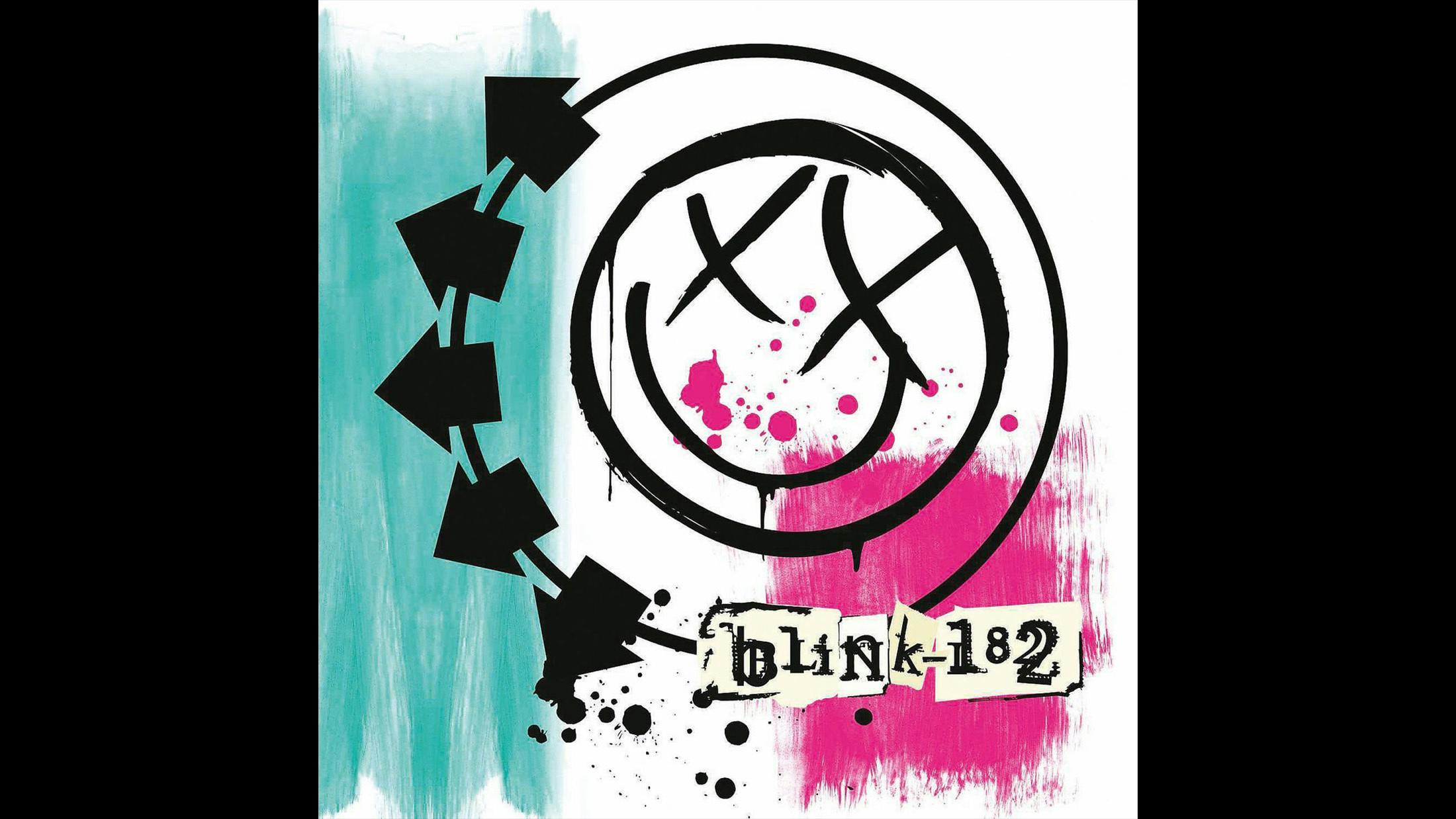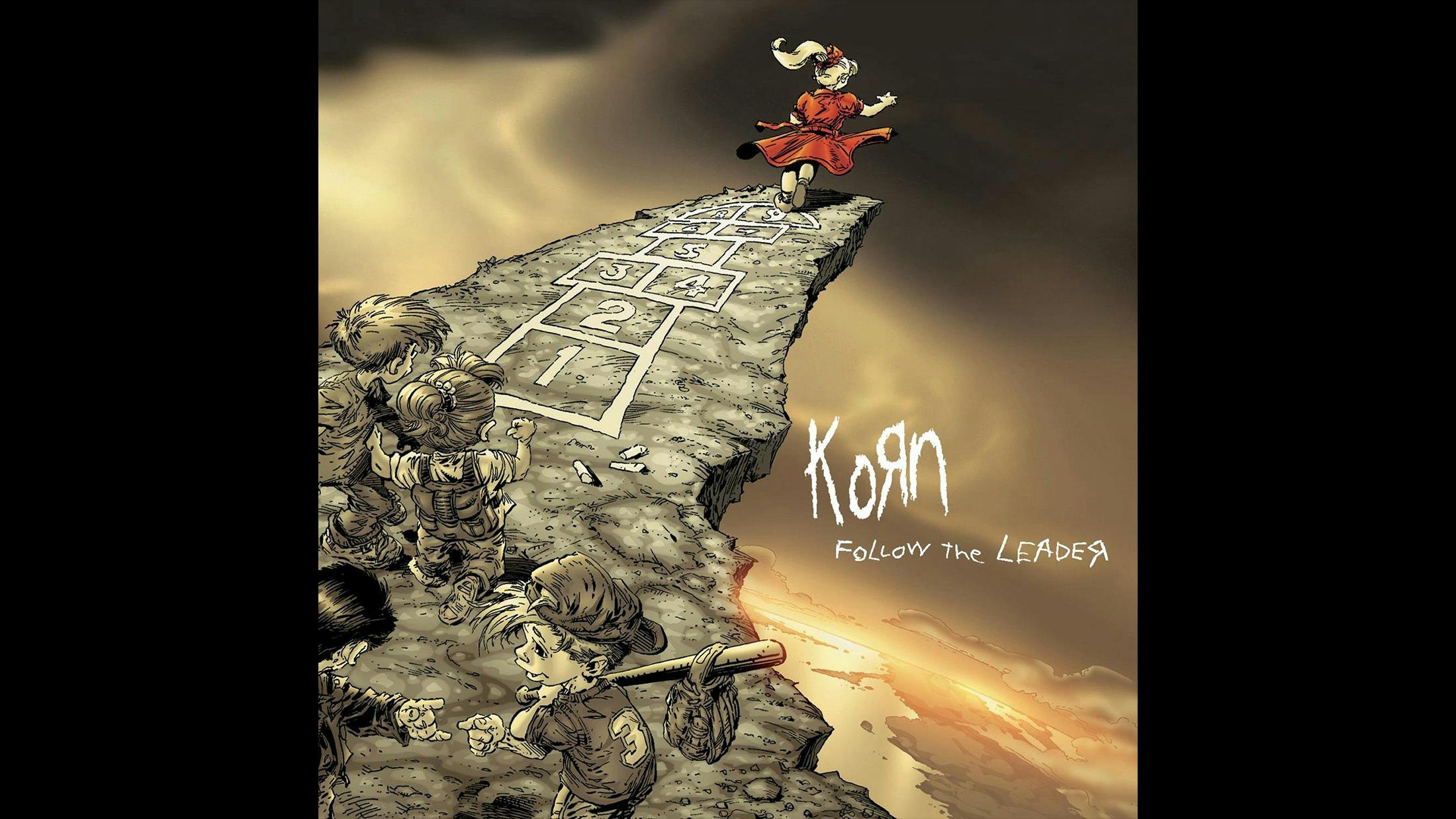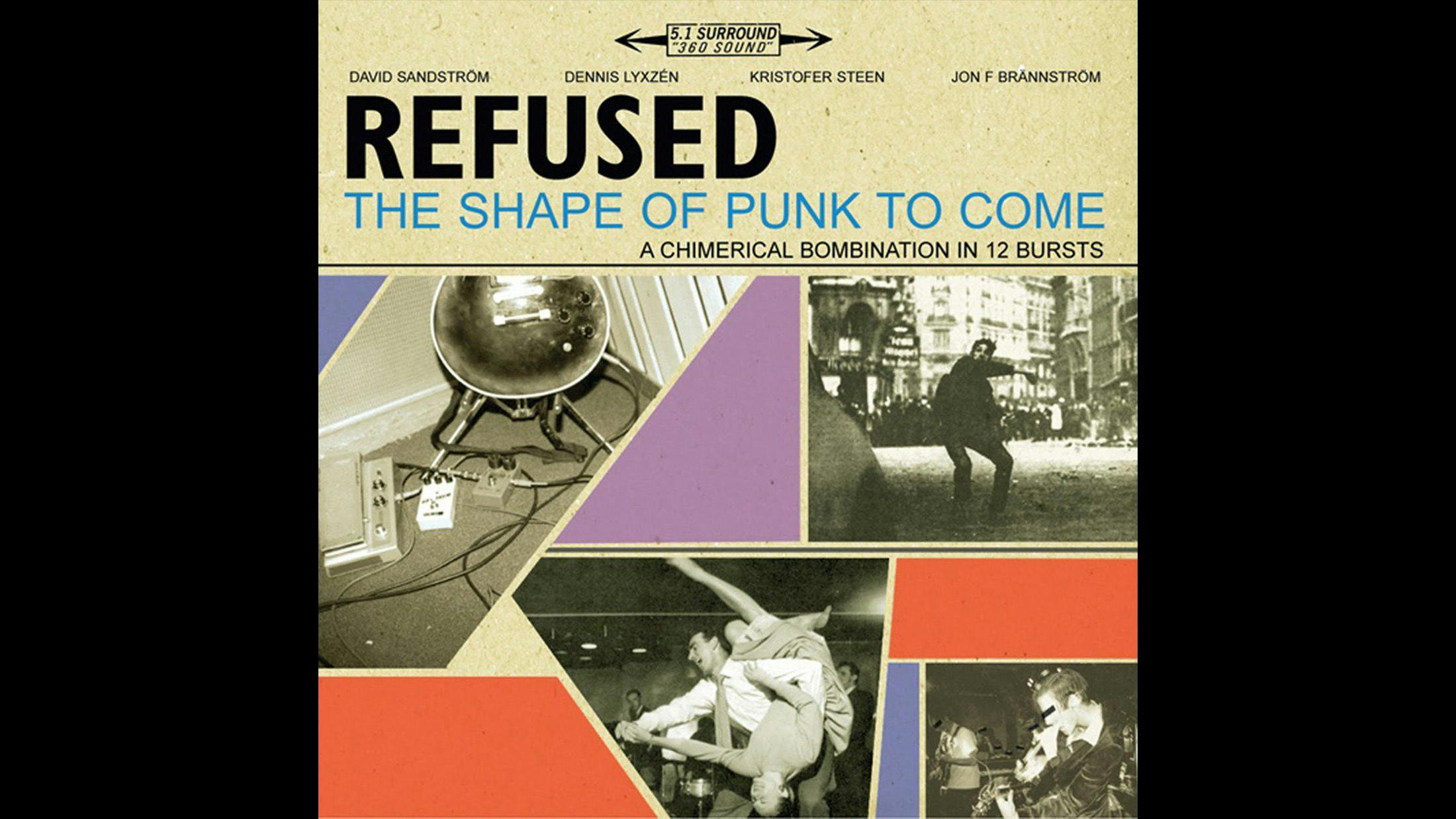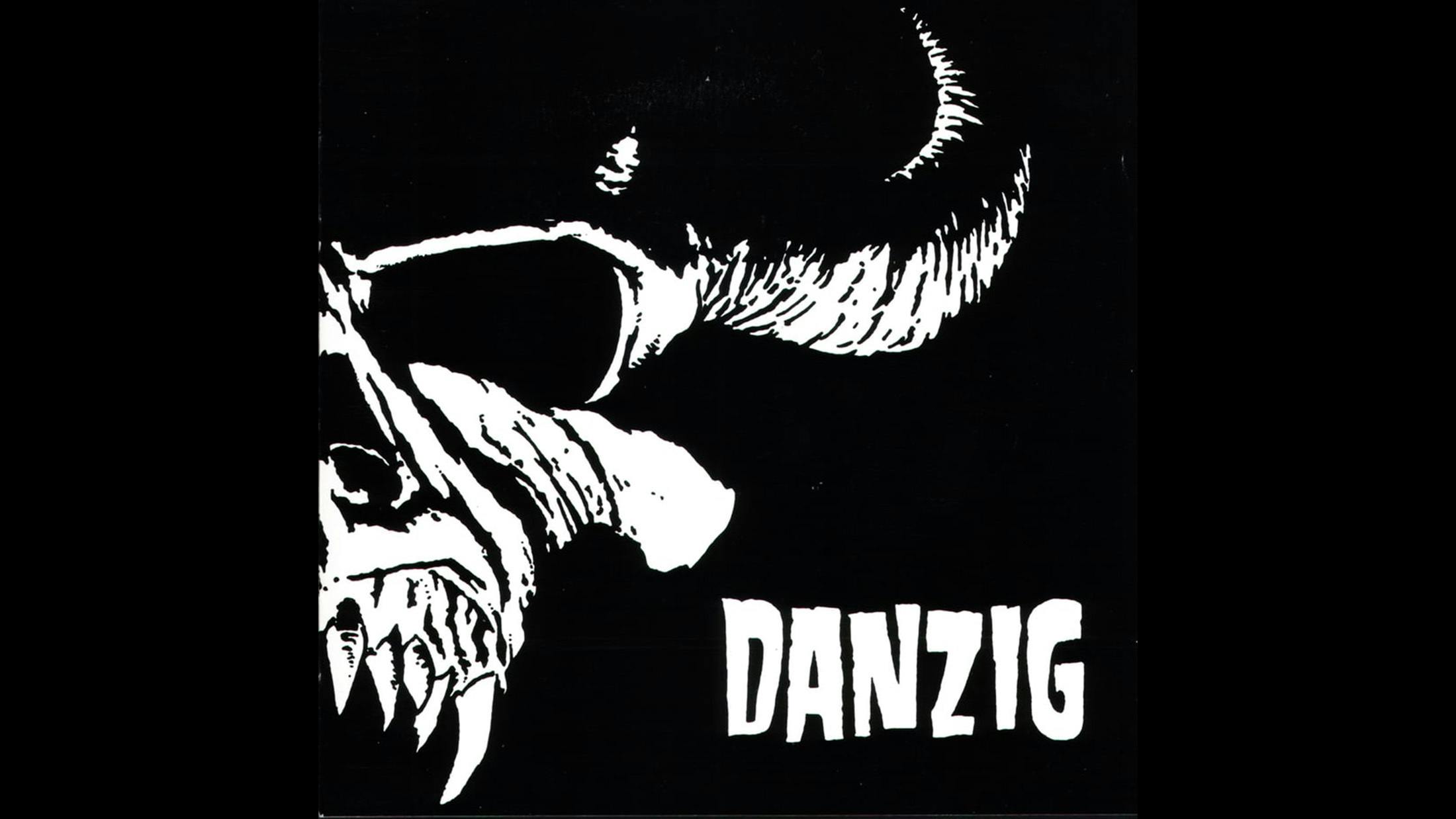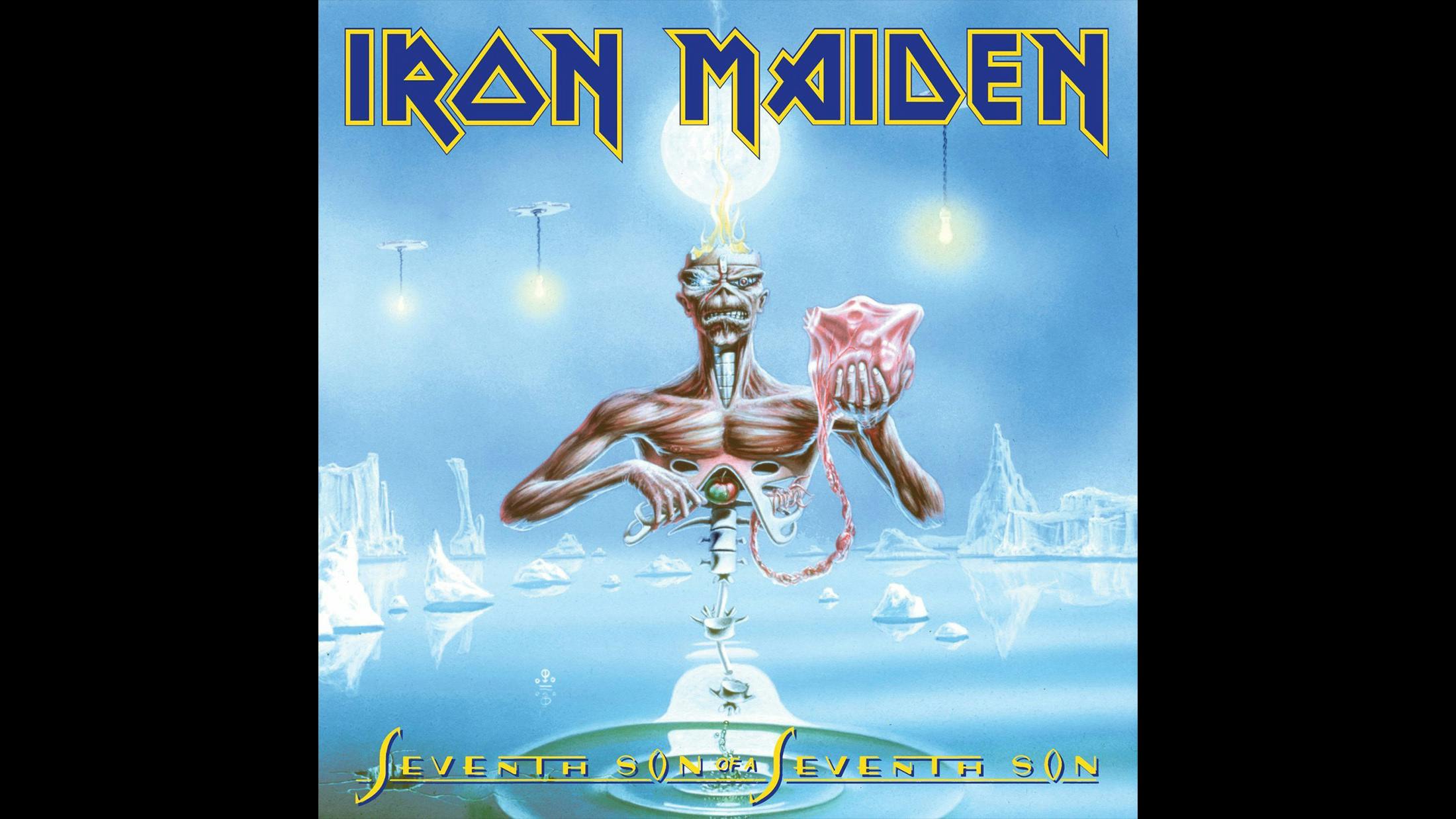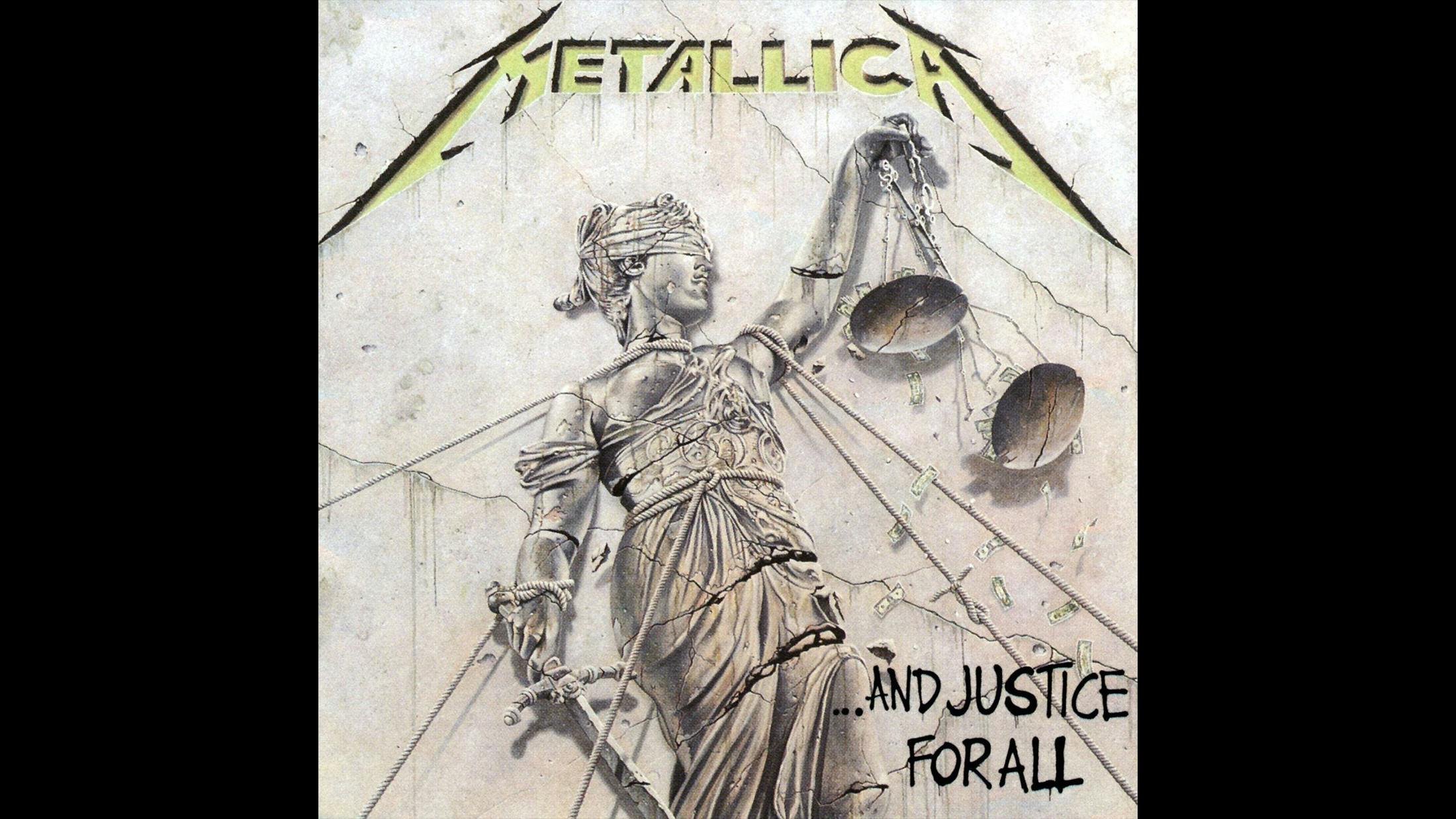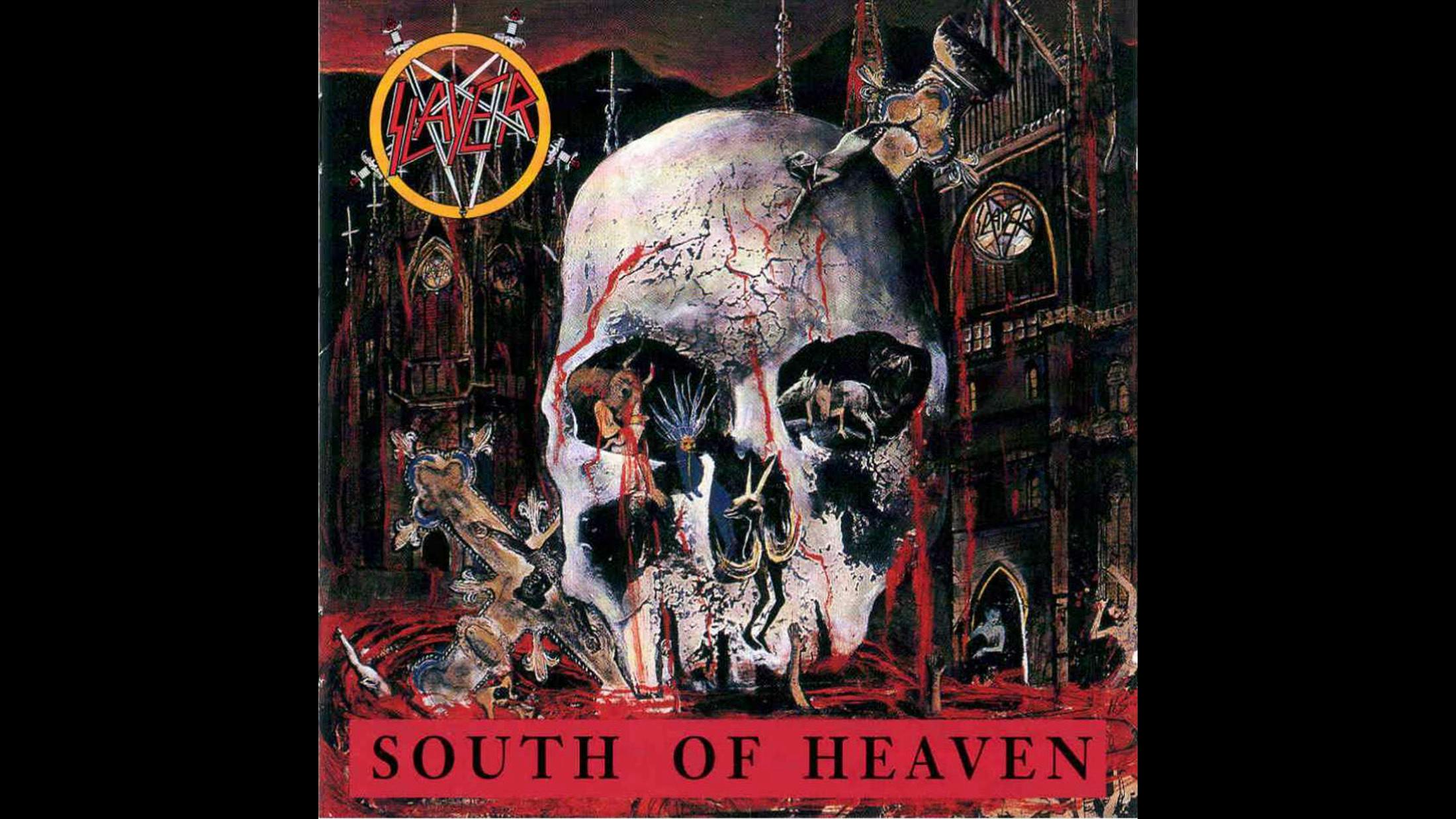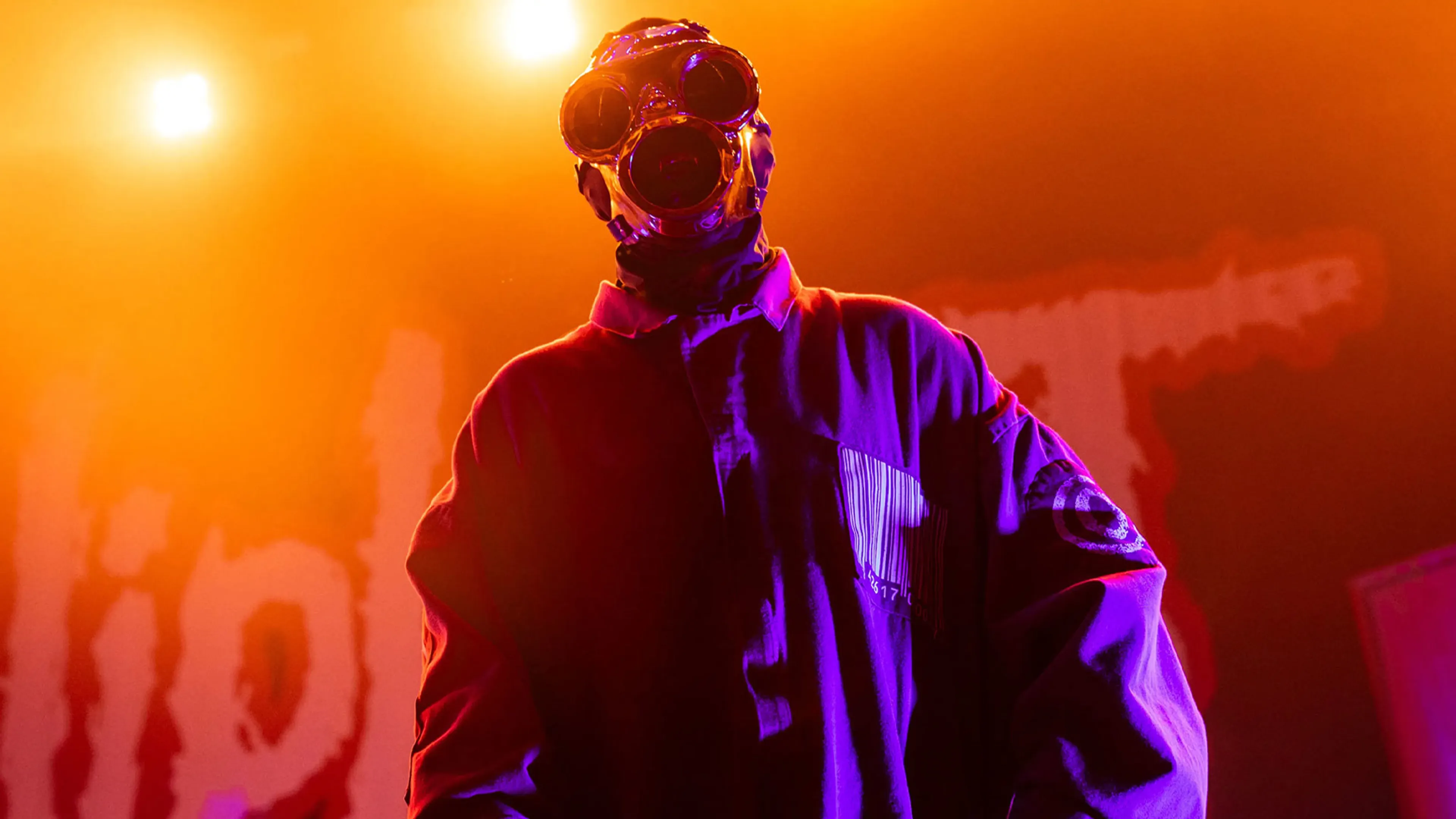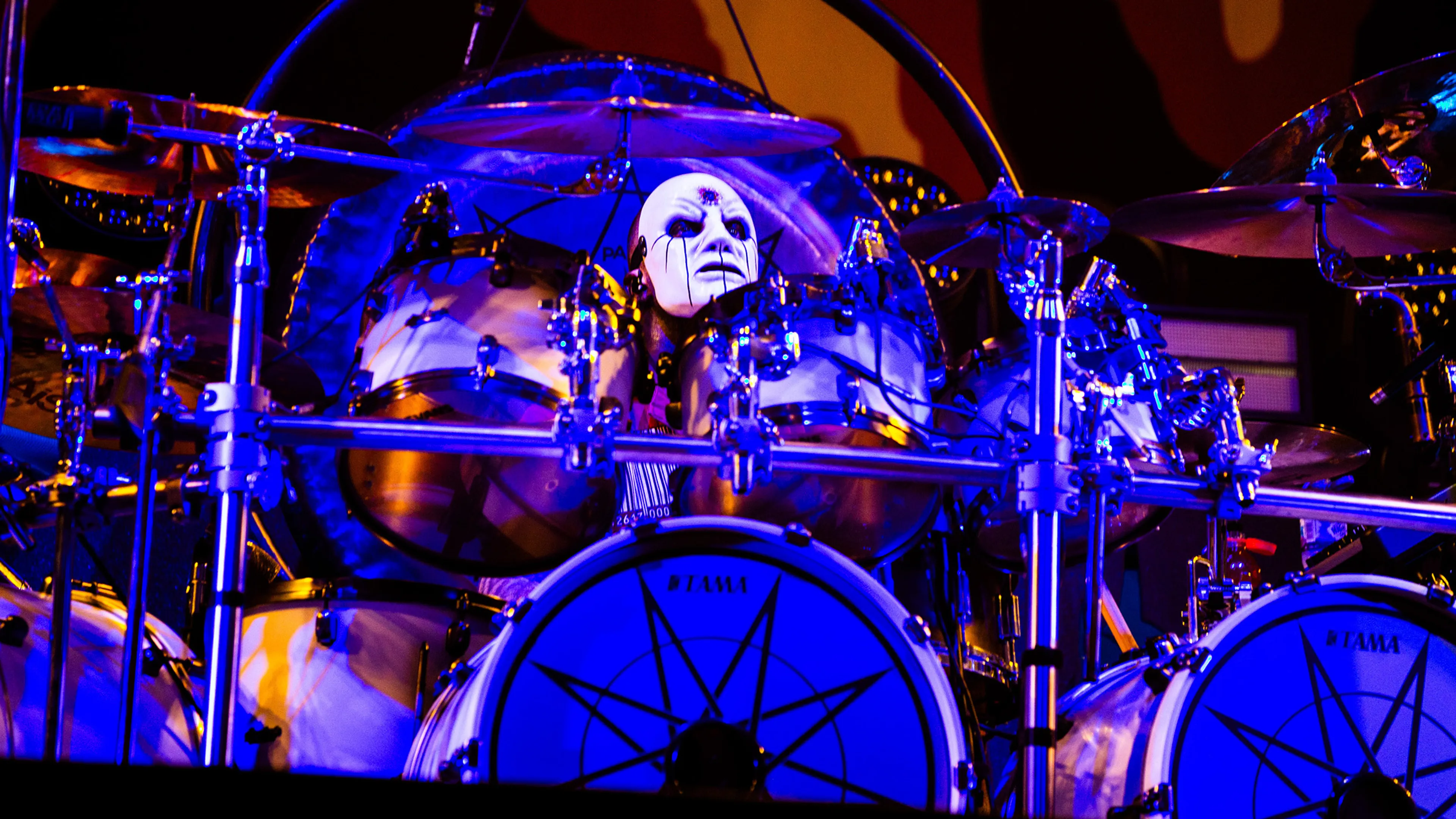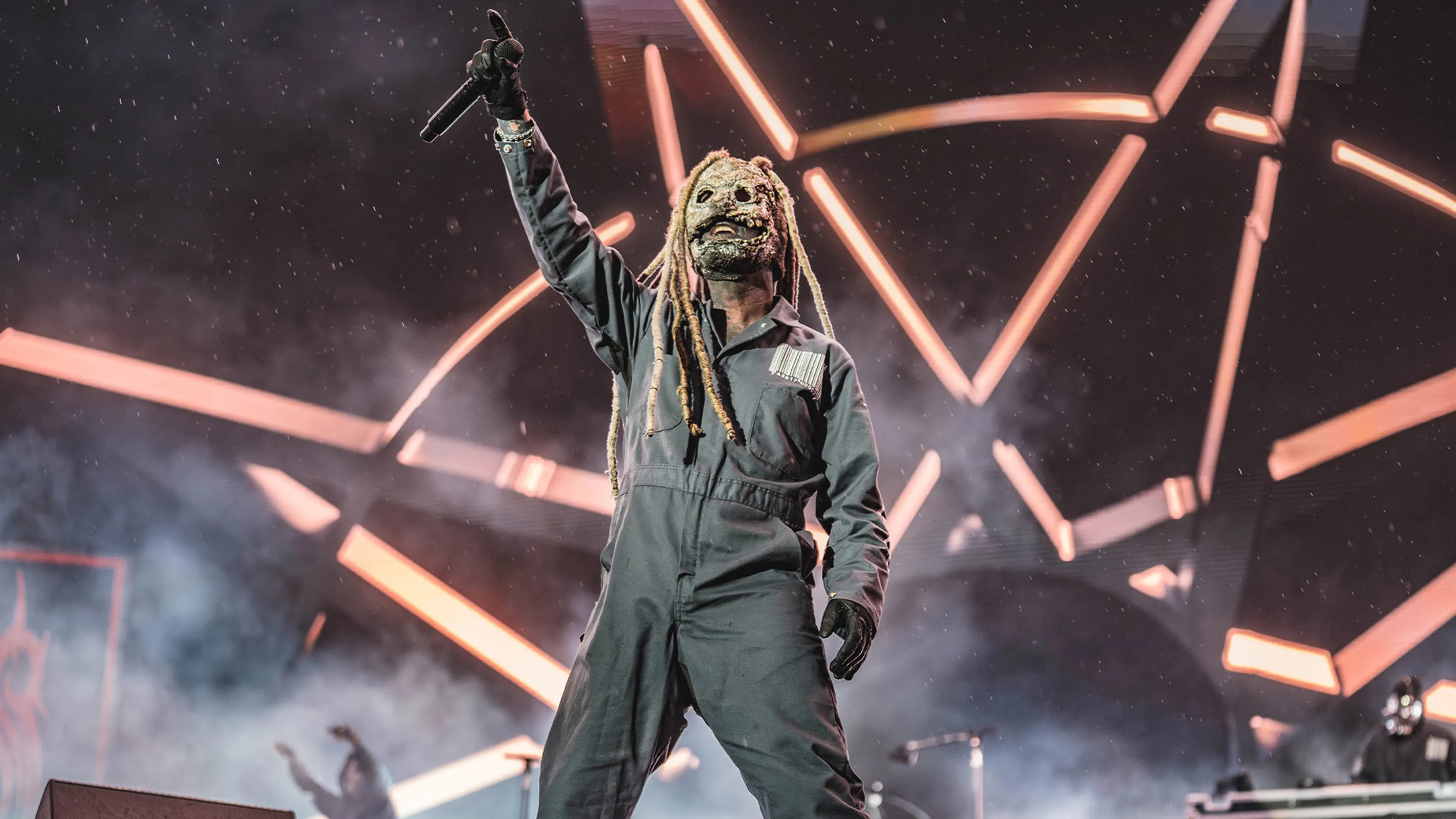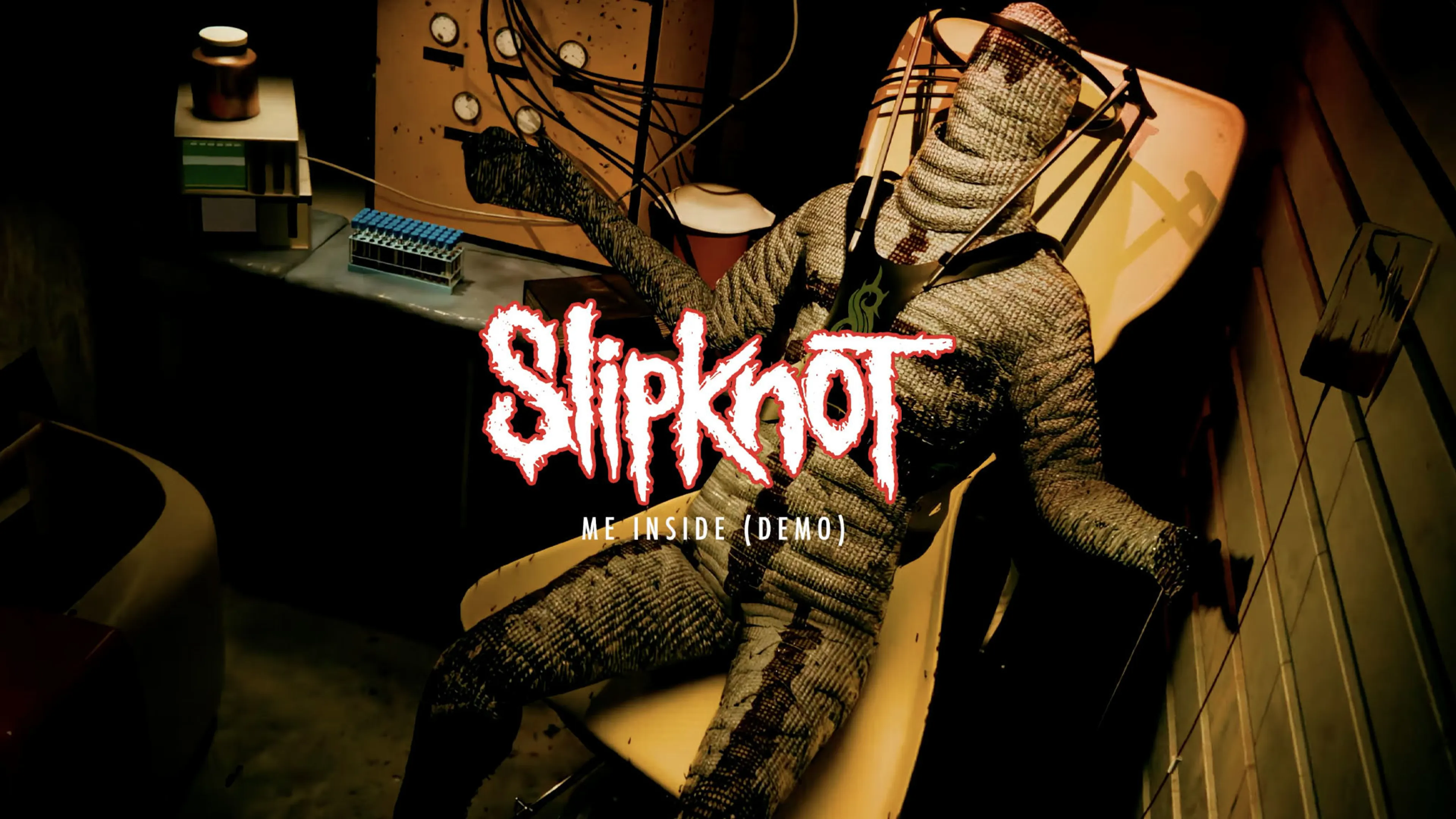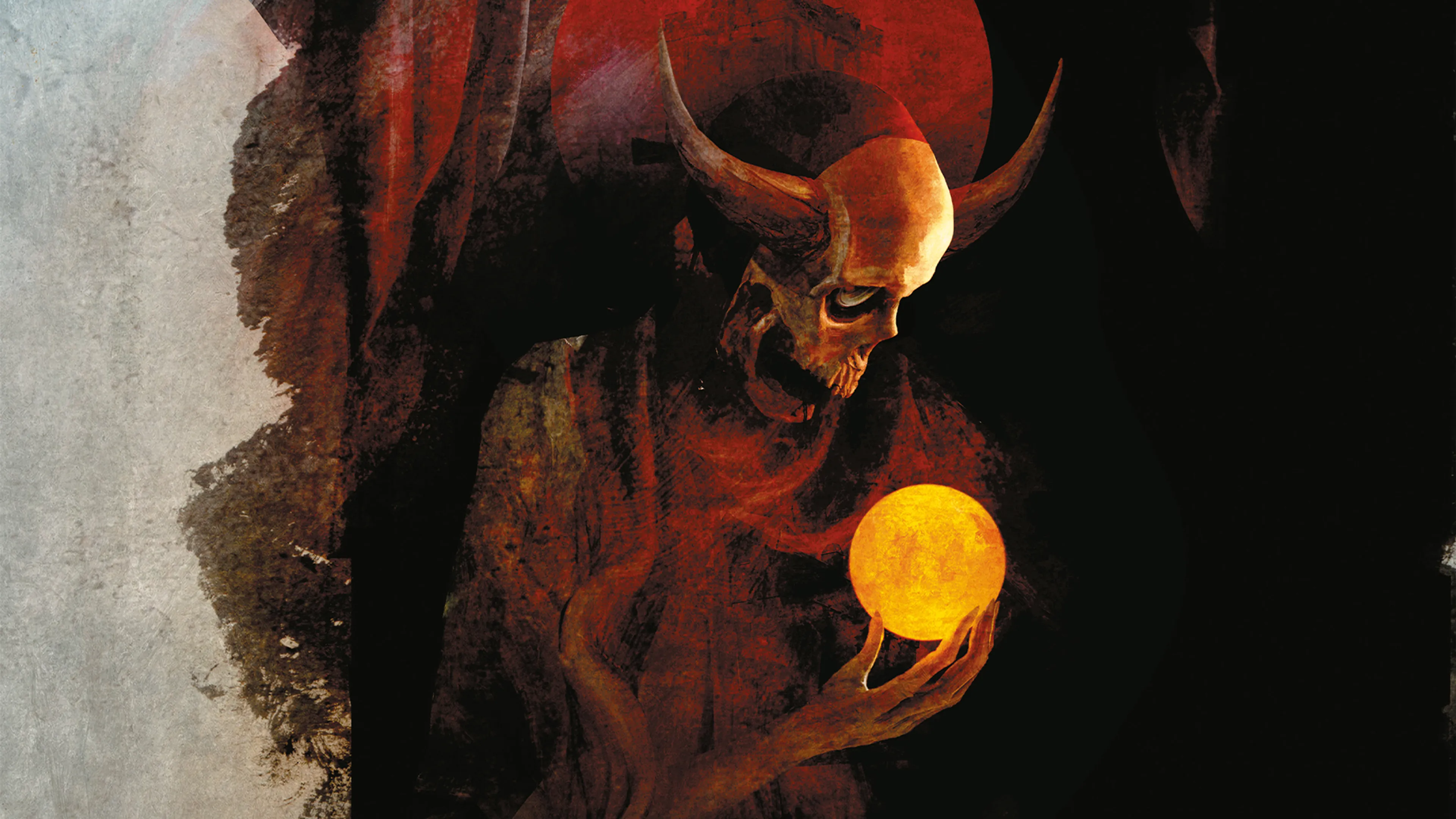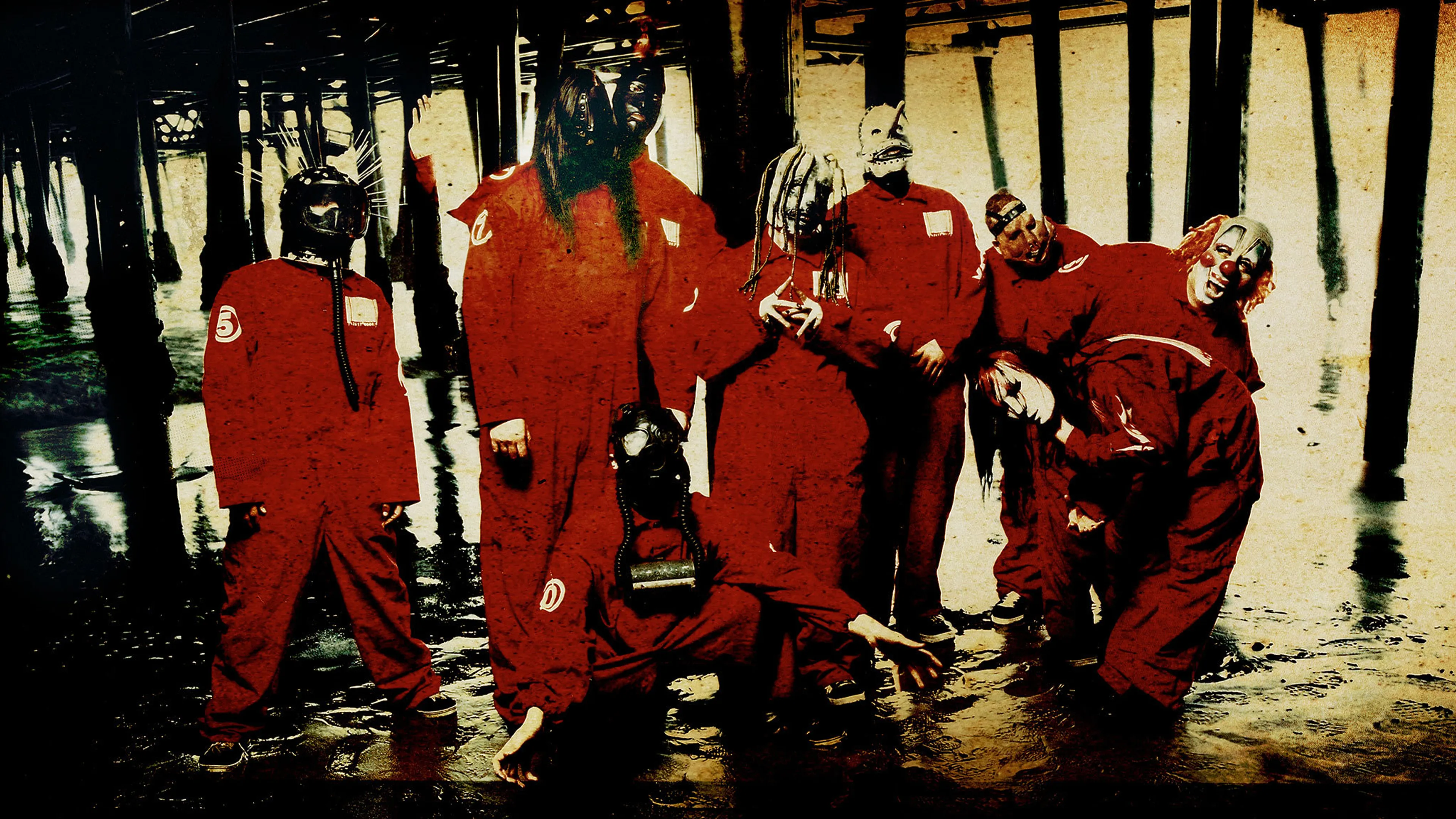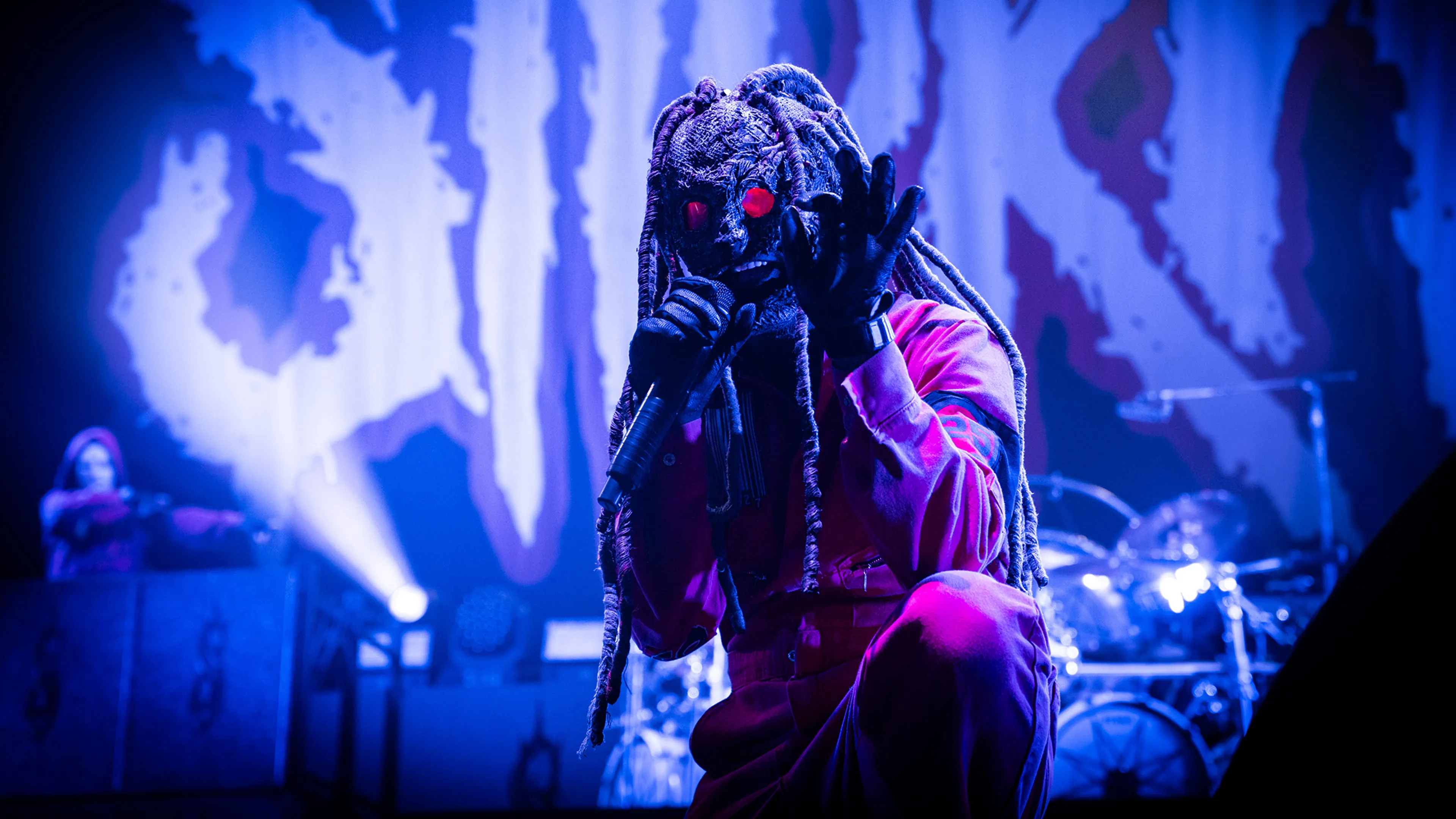Who doesn't love a bit of nostalgia from time to time? Naturally, the beginning of a new year always feels like the perfect time to look back and reflect, taking stock of where you've been, what you've done and how far you've come in the time inbetween.
The sting in that particular tale is the realisation of just how relentless the march of time can be. Looking back at the iconic, classic or controversial album releases from days gone by can put things into pretty sharp perspective in that regard.
Or y'know, you could just ignore all that guff and enjoy this playlist of highlights from these 18 albums that are celebrating the anniversary of their release at some point this year. If you can remember any of these coming out first time around, chances are you'll feel a lot older. But what a collection of records they are!
Words: James Hickie
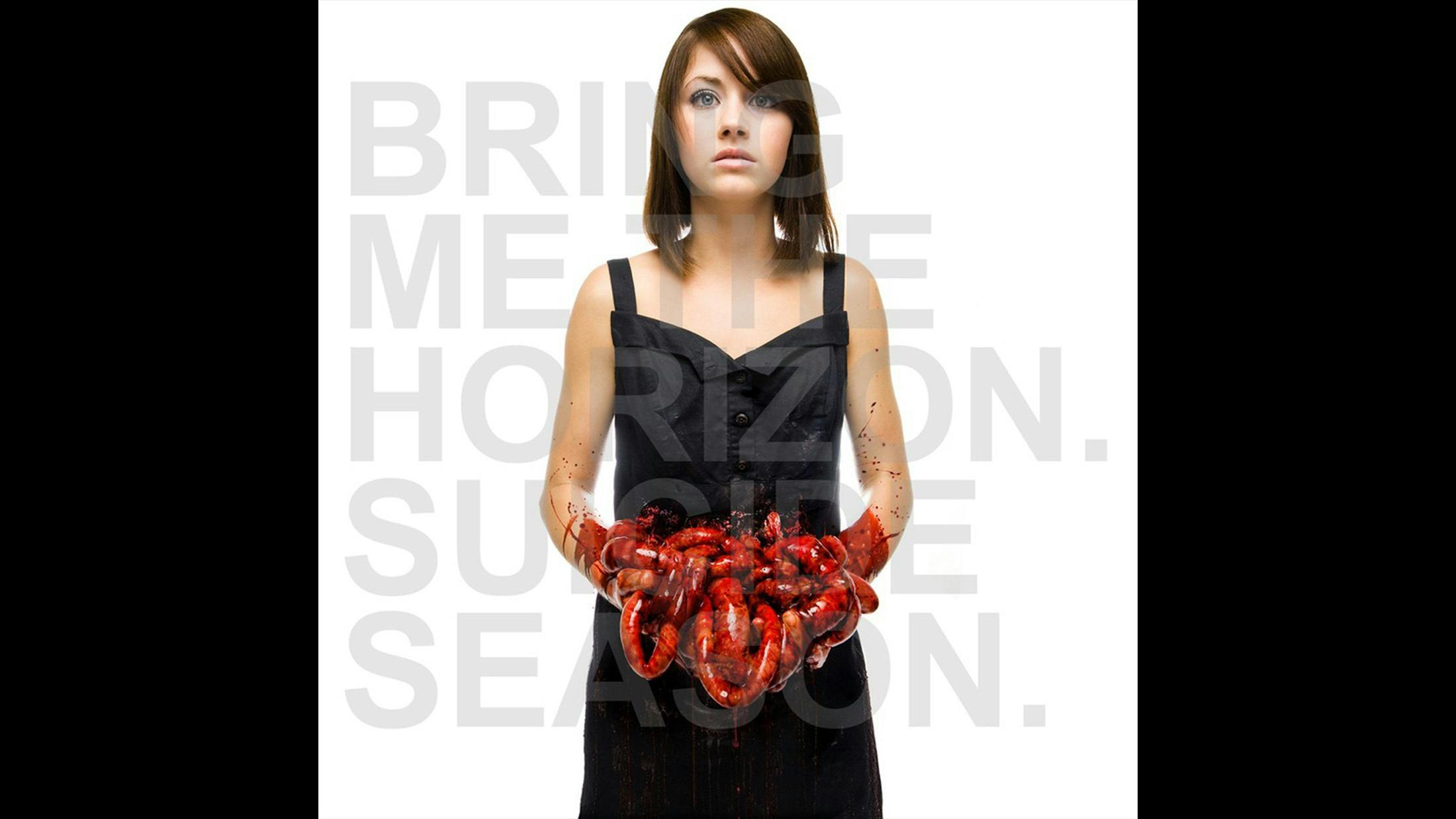
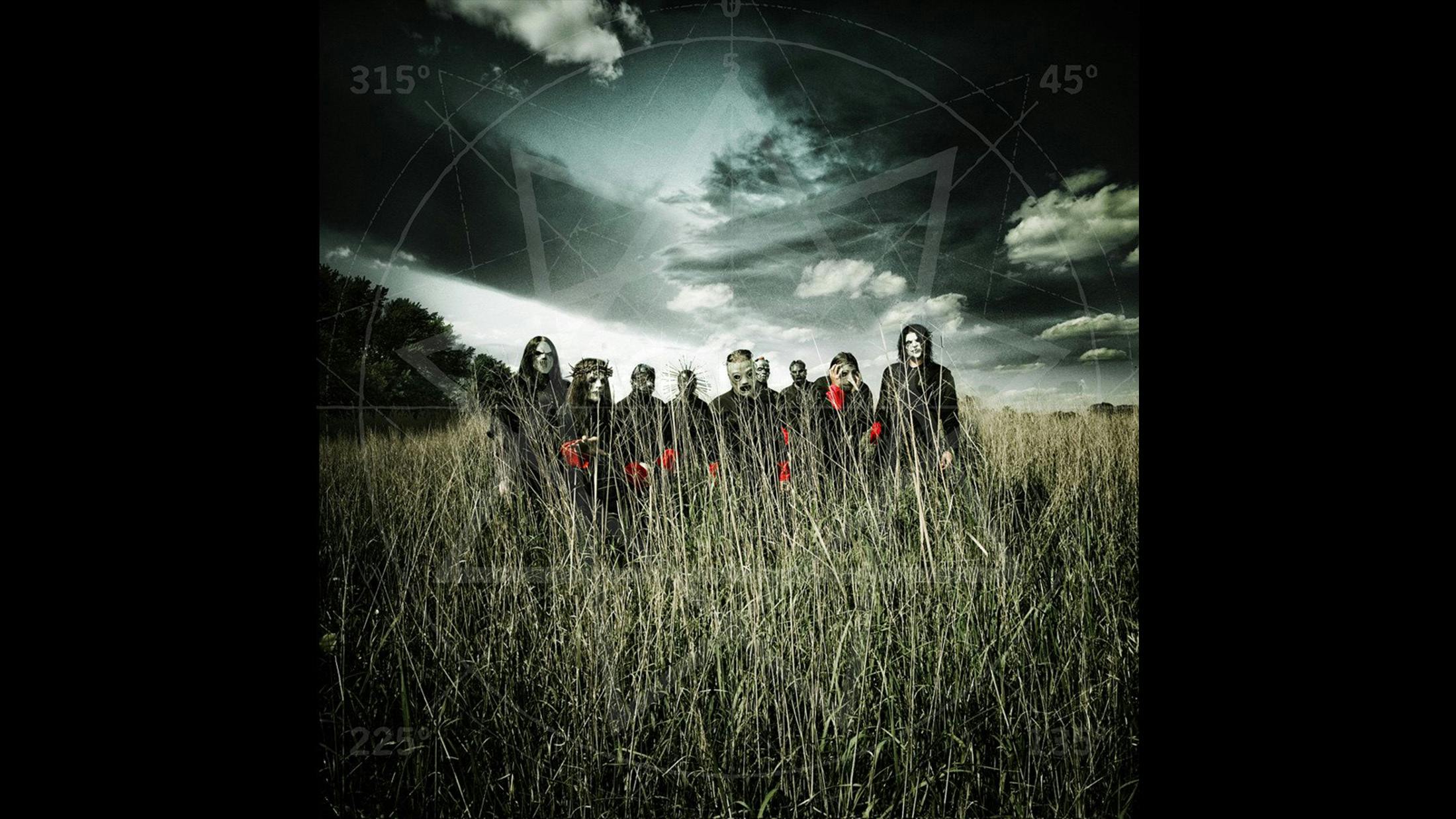
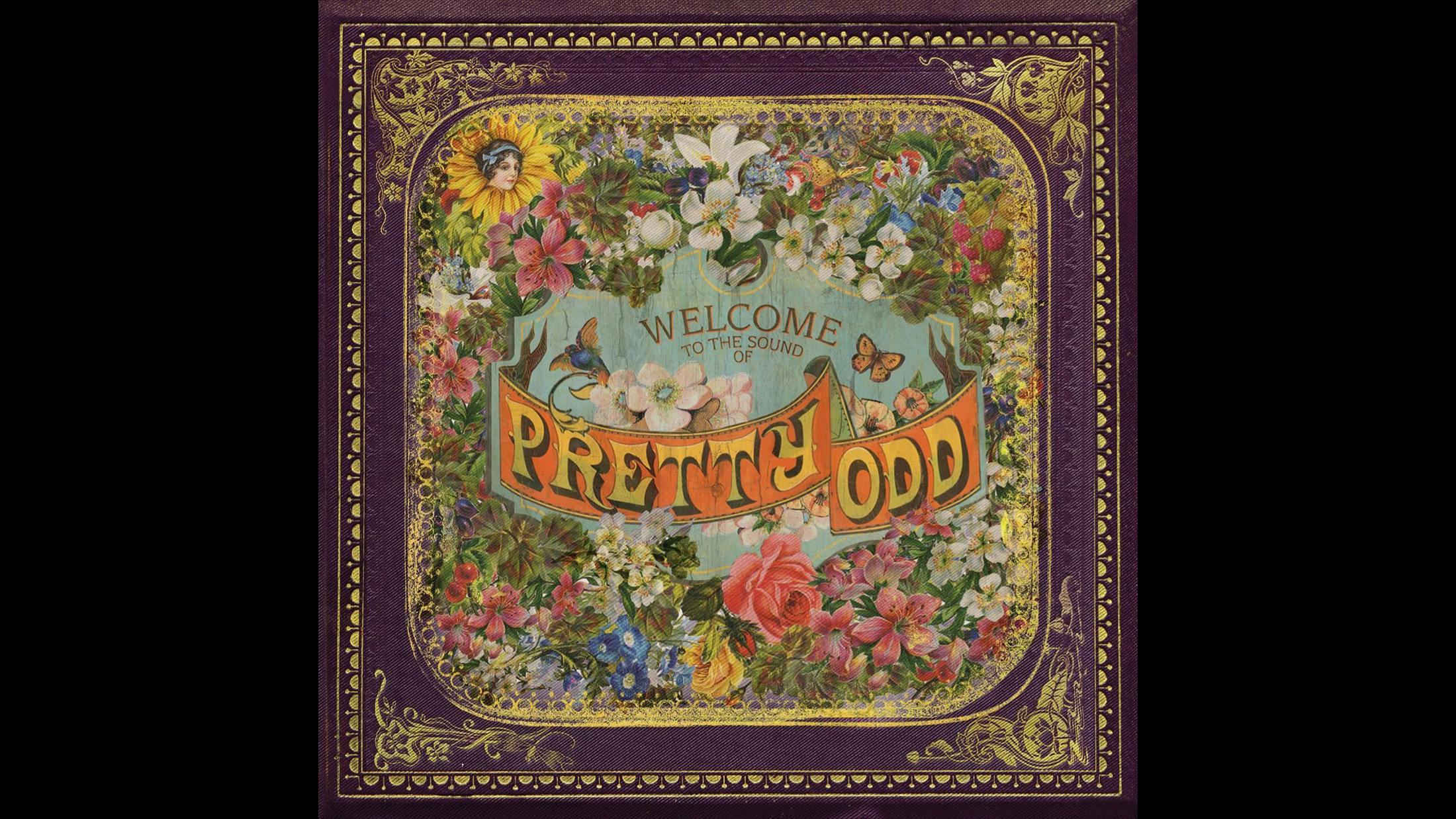
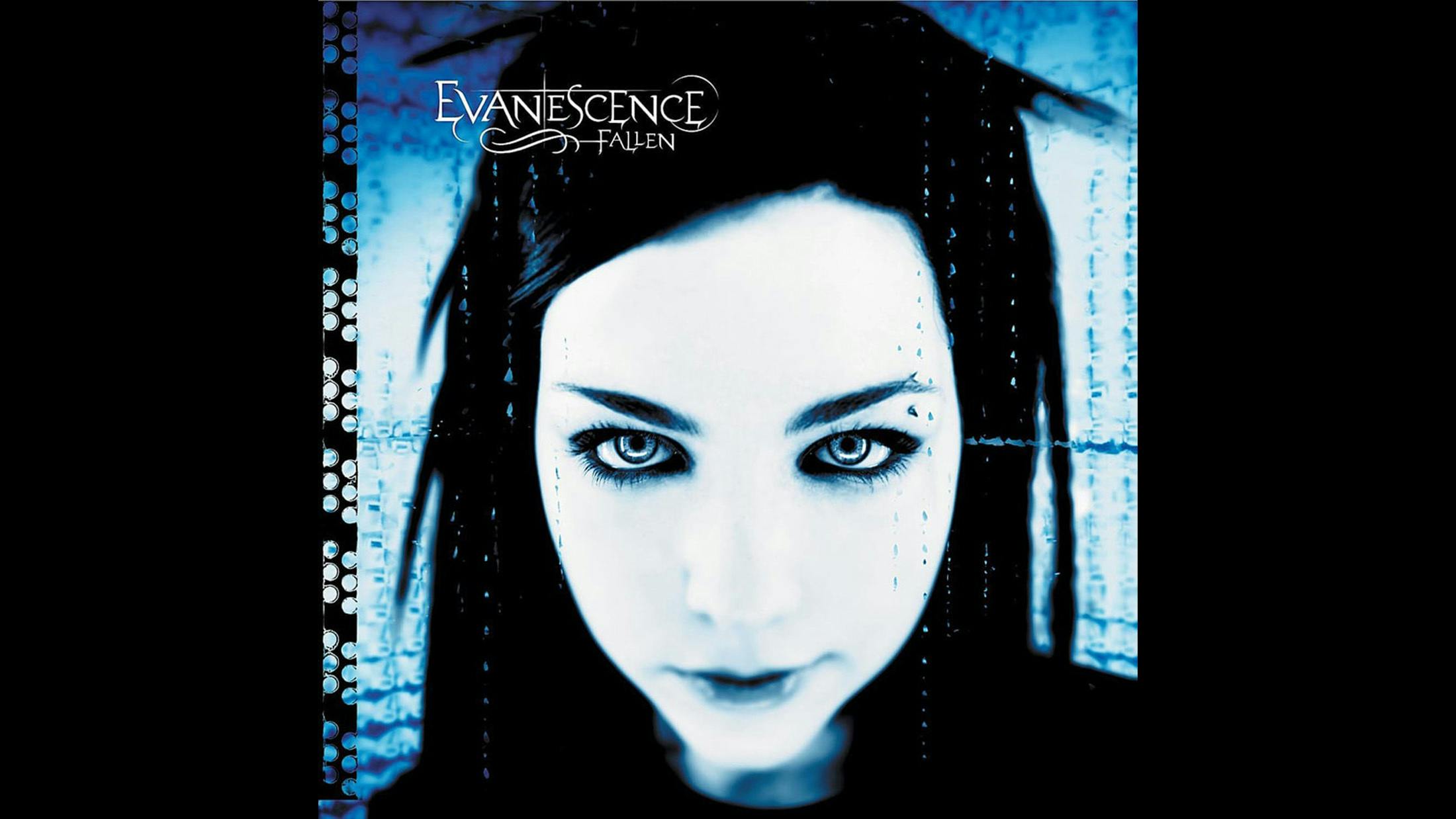
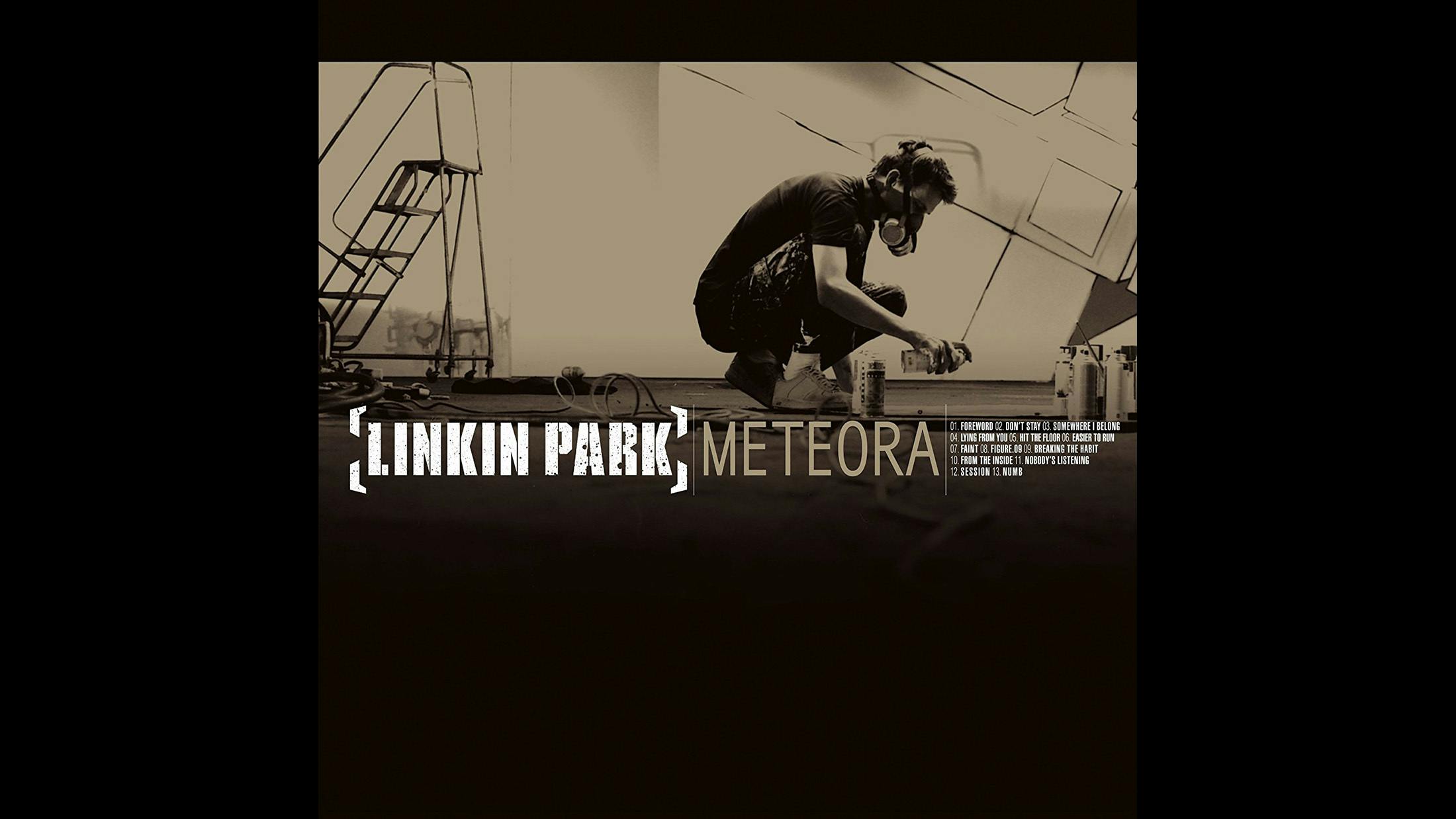
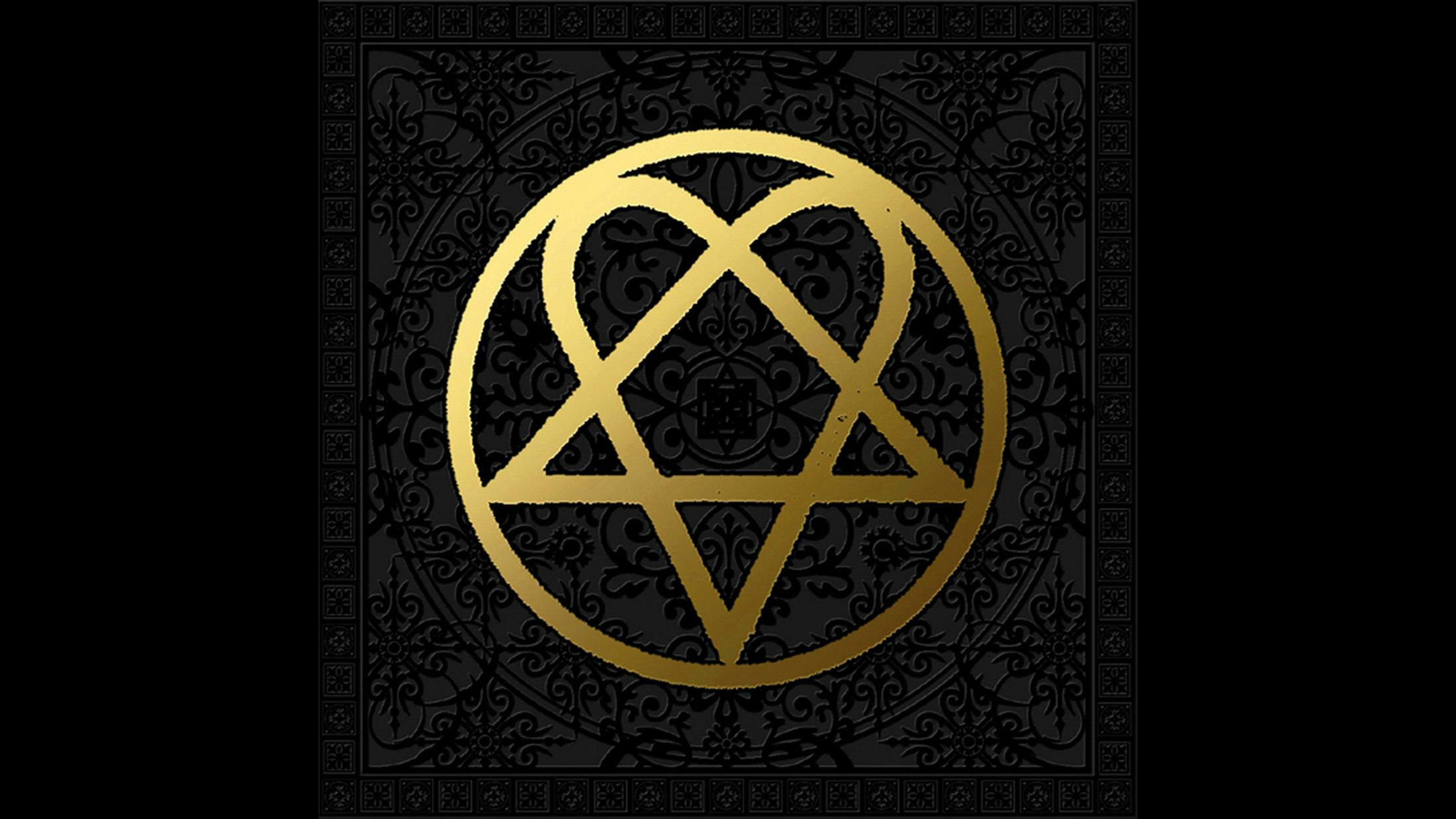
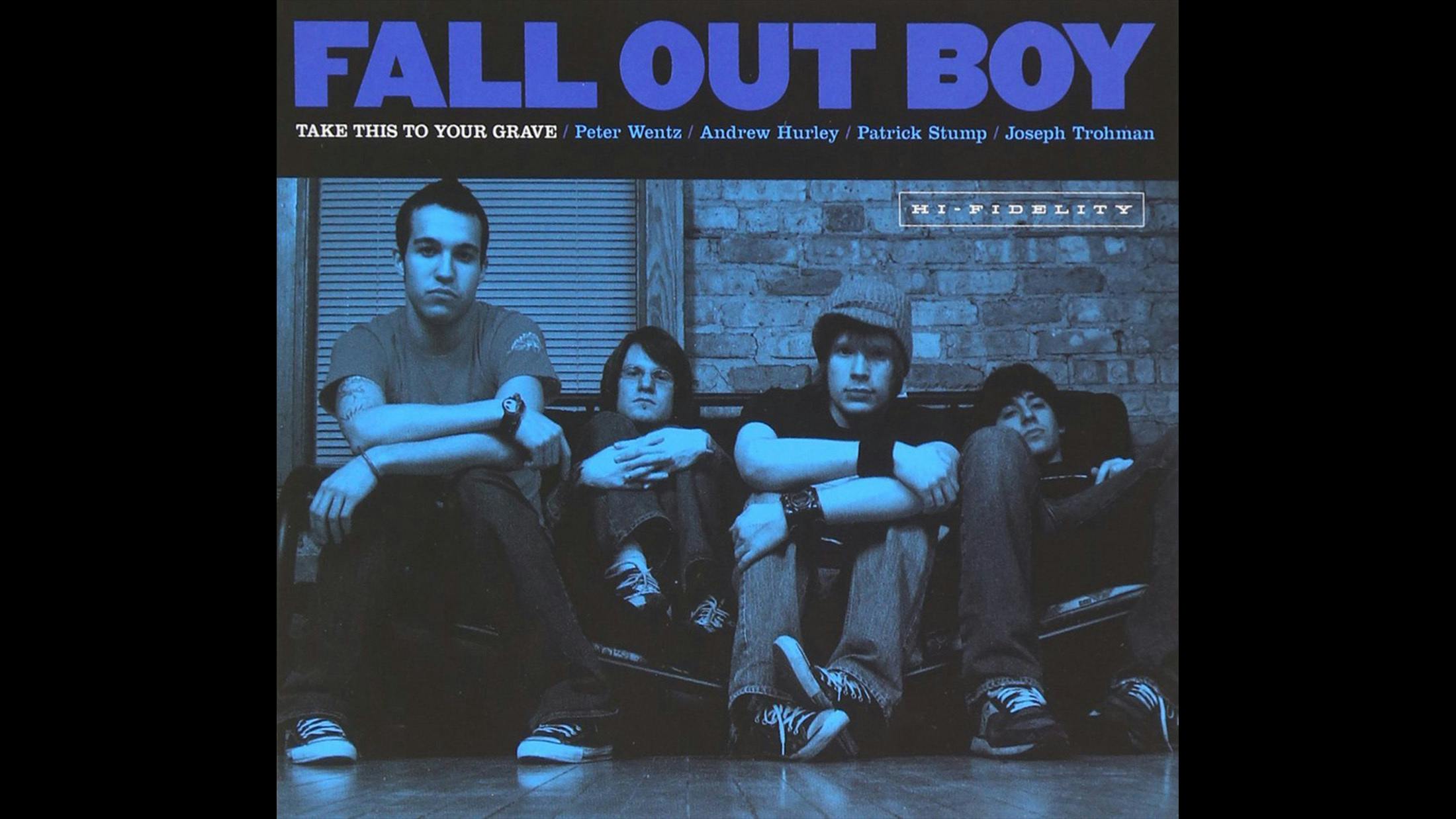
![What, after all these years, is there left to say about Metallica’s most infuriating album? We’ve seen the documentary [2004’s Some Kind Of Monster], we’ve read the think pieces, and we’ve heard that controversial snare sound. So derided at the time of its release that some fans considered it an elaborate prank, listening to it today its easy to forget what all the fuss was about. You can’t knock a release that sees a band you’d suspected had lost their mojo, playing passionately, even if it sounds like a bloody mess at various points.](https://images.kerrangcdn.com/images/Metallica-St-Anger.jpg?auto=compress&fit=max&w=3840)
